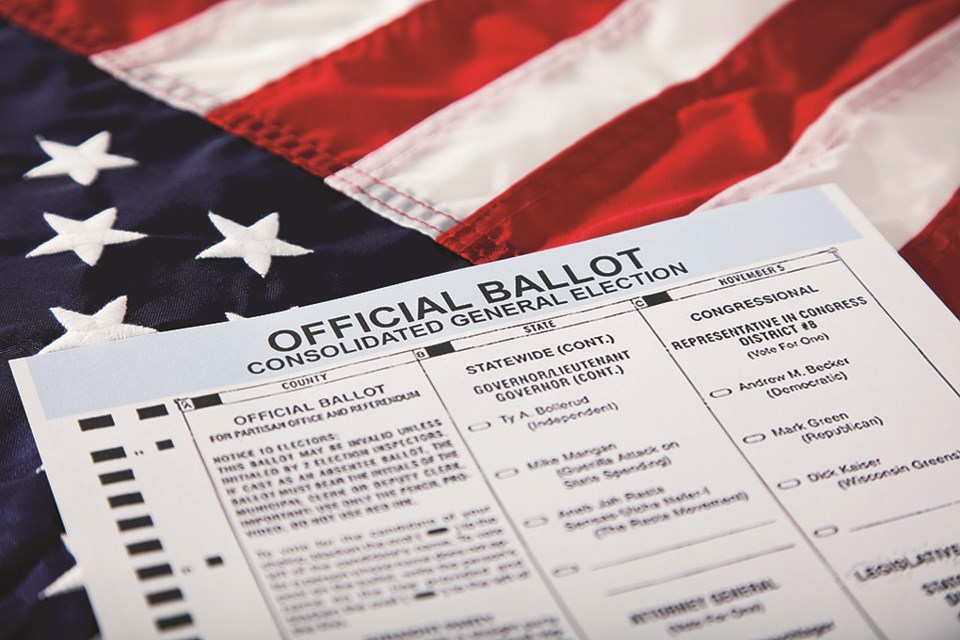What any final action will look like remains up in the air, but Arlington County Board members on Jan. 23 committed to addressing, within a month, the potential change to ranked-choice voting for Arlington County Board general elections.
Board members in December approved a change from winner-take-all to ranked-choice voting for all future state-run County Board primaries (which in Arlington is likely only to impact Democrats), but owing to what appear to have been a number of legal-advertising issues will not be able to take up the matter as it relates to general elections until the board’s February meeting.
“We will get there,” County Board member Matt de Ferranti said. “We’re all supportive of moving forward with this.”
But a number of issues remain to be hashed out. Among them:
• Will any change of policy be treated as a pilot program, or will it be designated as permanent policy moving forward?
• Will any move to ranked-choice voting impact all County Board elections, or will it not be used those years (one in every four) when two seats are decided on a single ballot?
Single-seat and dual-seat elections are “two very, very different kinds,” County Board Chairman Libby Garvey said at the Jan. 23 meeting.
Using powers delegated by the General Assembly, County Board members in late 2022 approved the use of ranked-choice voting for the 2023 Democratic County Board primary as a pilot program. Perhaps because that was the one year in four that two seats were on a single ballot, many voters came out of the process confused, and supporters of at least one candidate came away infuriated, convinced that the method of counting votes (also handed down from the state level) had robbed her of a win.
Given the consternation, County Board members opted not to impose ranked-choice voting on the ensuing November 2023 County Board election. But that, too, engendered controversy – critics said by staying with winner-take-all voting, the all-Democratic County Board was attempting to guarantee victory of the two Democrats in the four-candidate field. (Democrats Maureen Coffey and Susan Cunningham indeed did win, but by margins that probably would have guaranteed their survival even in a ranked-choice environment.)
County Board members, who were given the authority by the General Assembly to make the voting-method decision on their own – no community referendum was required or even allowed – likely will work among themselves over the coming month to refine their thinking and come to a consensus.
“We have a little bit left to work out,” de Ferranti acknowledged.
State law currently only allows a switch to ranked-choice voting for local governing-body elections: boards of supervisors and city councils. There has been legislation introduced in Richmond for this year's General Assembly session both to expand the offices that could be elected using the method, and to eliminate the option altogether.



